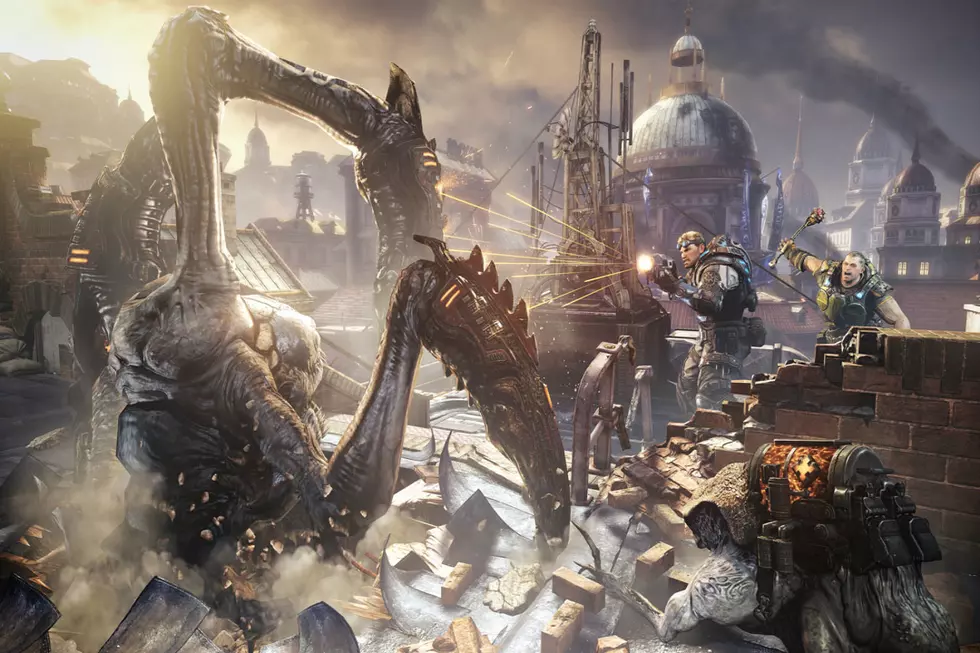
Oculus VR Acquires Team Behind the Xbox 360 Controller
The team responsible for the designs of the Xbox 360 controller and original version of the Kinect is heading to work on the Oculus Rift.
Oculus VR has announced it has acquired the award-winning Carbon Design team. Carbon Design will be a part of Oculus VR's product engineering group, which will operate from Carbon's main office in Seattle. They will be working closely with Oculus VR's research and development team stationed in the Redmond, WA area. Oculus VR mentions that it has already been working with Carbon for almost a year on several projects which either company has yet to announce.
Peter Bristol, creative director at Carbon Design had this to say in regards to this colossal team-up:
A few seconds with the latest Oculus prototypes and you know that virtual reality is for real this time. From a design and engineering perspective, building the products that finally deliver consumer virtual reality is one of the most interesting and challenging problem sets ever. This is an entirely open product category. With consumer VR at its inception, the physical architectures are still unknown — We’re on the cutting edge of defining how virtual reality looks, feels, and functions. We’re incredibly excited to be part of the team and we’re looking forward to helping design the future.
Carbon Design has been designing various kinds of viable tech for over two decades, ranging from gaming hardware to medical products. Xbox fans should recognize Carbon Design's excellent work with the original forms of the Xbox Kinect and the Xbox 360 controller. Since the Xbox 360 controller is the peripheral of choice for a majority of PC players who opt out of using their keyboard and mouse to play, we have a feeling Carbon Design will be working on its controller system along with other accessories for Oculus' impressive headgear. Factoring in that most Oculus Rift demonstrations we have seen incorporated the use of a third-party controller, we have a strong feeling Carbon Design will be making the headset's official gamepad.
Whether it be controllers, the headset's sensory system or other kinds of peripherals, we now expect an even higher quality from the Facebook-owned virtual reality headset when it finally debuts for the public. Oculus has been on a tear as of late, acquiring all sorts of talent in the wake of the $2B Facebook buyout. Anyone on the fence as to whether or not that money would be used for the betterment of the product should now be able to see that there are some promising things on the horizon for Oculus. Now we just have to wait and see if the company can follow through.
More From 95.7 KEZJ










